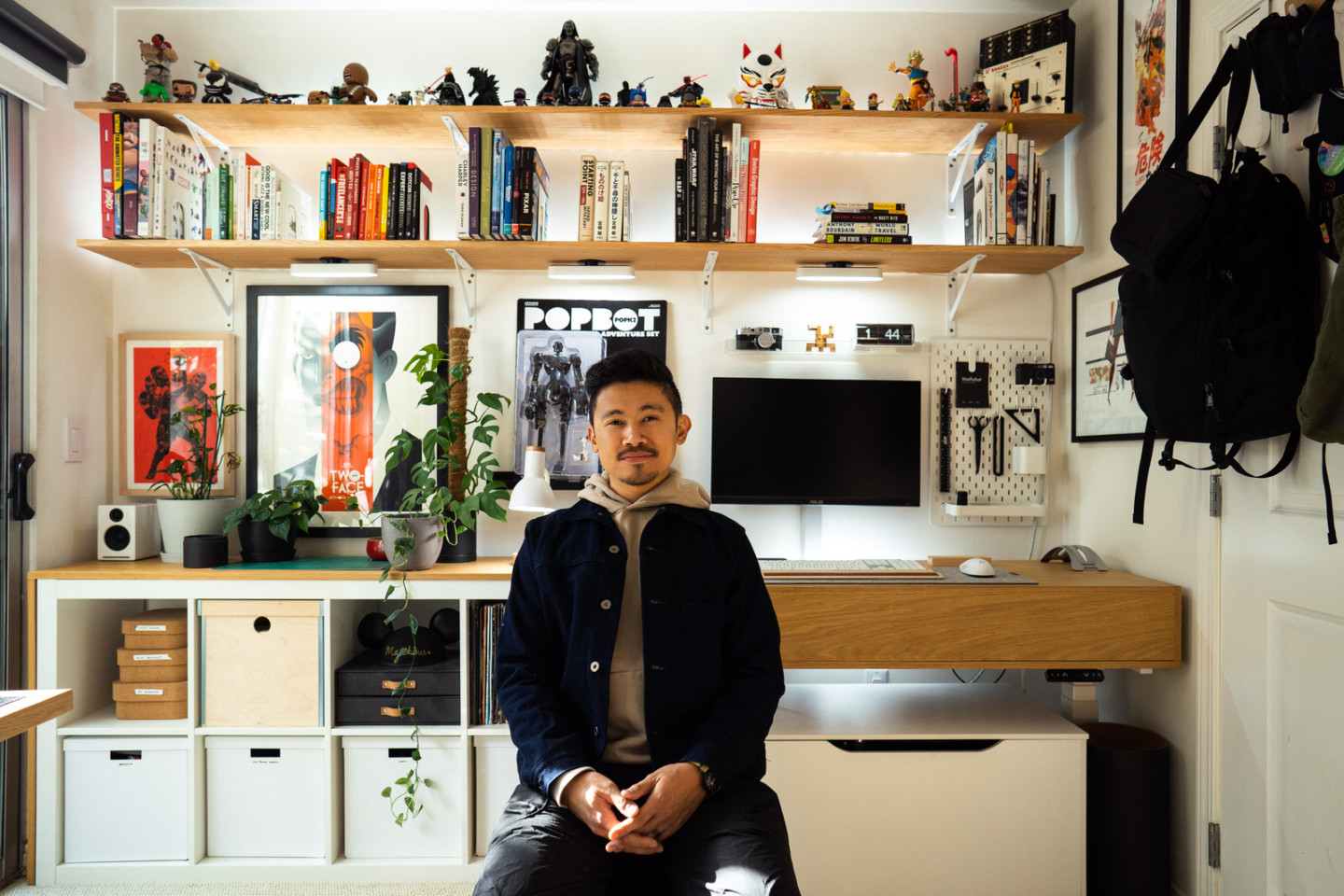
It has been around a year since Matthew Encina began leading the freelancer life full-time. Over the past seventeen years, the Los Angeles-based creative professional had served as the creative director of Blind, a brand design strategy consultancy, and the chief content officer of The Futur, an educational platform for creative entrepreneurs.
In a podcast episode released last April, Matthew expressed how he was looking forward to getting “bored” after leaving his previous posts. He noted how his “break” will give him that space to rethink and refuel his creative energy.
It seems that the break didn’t last long, however. If you check out Matthew’s YouTube channel, he’s been busy renovating his home and office, churning educational and creative content, and working on a few creative projects. Along the way, his channel hit a double milestone: Matthew has now uploaded 25 videos and garnered over 25 million views.
Matthew has also been hyper-focused on directing and shooting Generation No-Code, a documentary series for website builder company Webflow. The trailer went live last December 8, providing a sneak peek of the stories that Matthew and his team have been working on the past few months. He admits that he took the project on even if he didn’t know much about the no-code movement, simply because he wanted to learn more about it.
“I feel like I have this genuine curiosity toward the world. It’s not always on and high-frequency; some days are foggier than others. But whenever I see something that inspires me, I automatically ask: ‘why do I like that?’ ‘How did that work?’ ‘What can I do to break it down and emulate this for myself?’” he shares.

Images by Jordan Capili
The Full-Time Freelancer
Being able to keep his creative drive and flow running amid the past few months is a laudable feat in itself. While freelancing in the middle of the global pandemic has been challenging for him, it also allowed Matthew to learn more about himself, his creative process, and new goals.
“Ever since I have gone on my own, I’ve mostly had to answer only to myself. This brought in a learning curve that has its fair share of benefits and challenges. For instance, the complete freedom and autonomy over what I do has led to many interesting things. In my YouTube channel for example, I have been able to study the platform more, see what interests people, and understand how YouTube relates to the bigger picture of the creator economy, which I consider myself a newbie at. I’m learning a lot from the people who have come before me, seeing and exploring the world that is now possible for me,” he says.
On the flipside, however, since Matthew has no one to report to, no one else holds him accountable but himself. “Working from home and on your own can be challenging if you don’t have the discipline, habits, and things that keep you in check while working toward your goals. I have had days when I finish every single thing on my to-do list, and I’ve had my sluggish, lazy moments as well because no one is asking for things to get done. So, it’s been a balancing act, trying to figure out ways to harness my creative energy and hold myself accountable.”
One thing that Matthew realized about himself as he went on his own was that he’s great at focusing on one thing at a time—something that he feels quite ambivalent toward.
“I was in physical therapy today and I told my therapist about how I could only focus on one thing at a time—that when people ask me to do two or three things, I lose focus and interest, and I tend to not do things well. And she responds, ‘well that’s a great quality to have because you actually get things done!’”
Matthew continues, “While I did agree with her, here’s the thing: if you give me one or two days to finish something, I will get it done. Now, if you give me six months, that’s going to be challenging for me, because many things will get into the picture.”
His recent work for the documentary is a great example of this because it demanded all of Matthew’s creative focus. That isn’t to say, however, that other things weren’t competing for his attention. “Sometimes, it becomes difficult to balance focusing on a long-term project like the documentary while continuing to create regular content on my YouTube channel. I make it work, but it’s not exactly my natural state.”
Challenges aside, Matthew is aware that he is in an interesting and unique working position—that of working for himself in his own time—but he believes that results will matter more than time spent on work in the long run.
“My working hours have been shorter recently, but I do things with intense focus. Then, I spend the rest of my day with activities that enrich my mind. After all, if it will only take you five minutes to create a genius solution or idea, why spend the remaining seven hours and fifty-five minutes working still?”
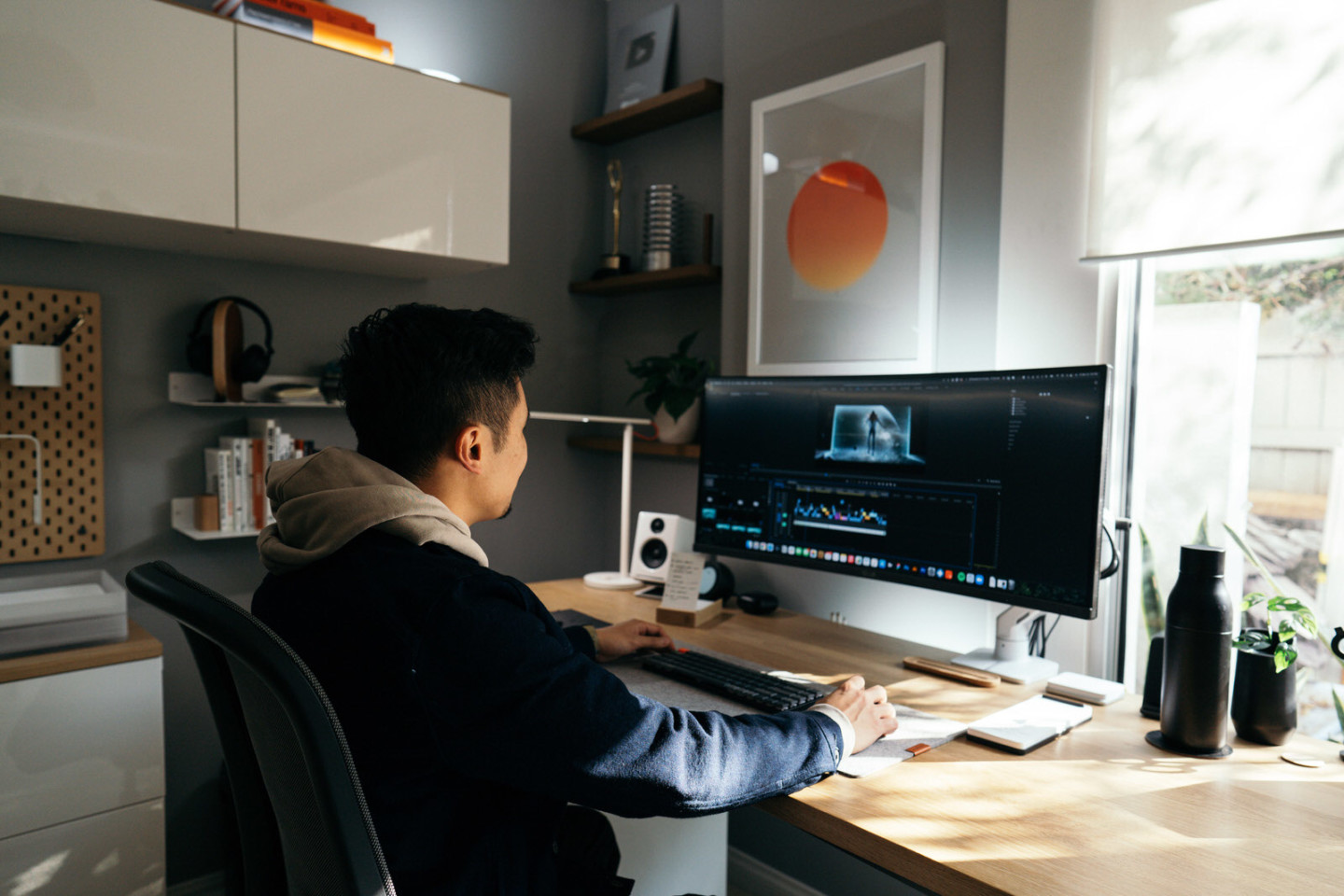
The Creative Storyteller
Projects like Generation No-Code keep Matthew’s creative energy focused and directed toward his goals. “I decided to take on the documentary for two reasons: first, the premise was interesting. I didn’t know much about the no-code movement, but I wanted to learn more about it—that’s my curiosity at work. Second, I want to become a better storyteller. Nobody else was going to give me a chance to direct a documentary, so I had to take this one on,” he adds.
No-code tools allow people to build digital products and experiences without learning how to code. “Some people use one or a variety of these tools to build things for fun, but there are those who are doing no-code to solve real-world problems. Webflow hired me as a director to look out for people in this no-code space, interview them, and shine the spotlight on their stories: what they are building, what change they wish to bring, and what the possibilities are with no-code tools.”
The documentary making process has been interesting and refreshing for Matthew, and he’s grateful for the collaborative spirit that they’ve fostered within the team. “We’ve shot four episodes for the documentary. Every time we’d finish one, I’d stop and ask my crew for feedback: what worked? What can I do better? And they’ve always guided me in every step, in every episode, and I think I got gradually better as we moved forward.”
Matthew is more than eager to tell the stories that he has gathered, especially since the process of arriving at great narratives has been a big theme in his creative life lately. “Storytelling has been a huge interest of mine for many reasons. Obviously, it overlaps with my YouTube channel, which I am continuously improving on, trying new things and building on what has been successful. I want to be a better storyteller there. And with this documentary, I have been deeply interested in learning how to extract, edit, and package information so that it can be digestible and interesting for other people,” he says.
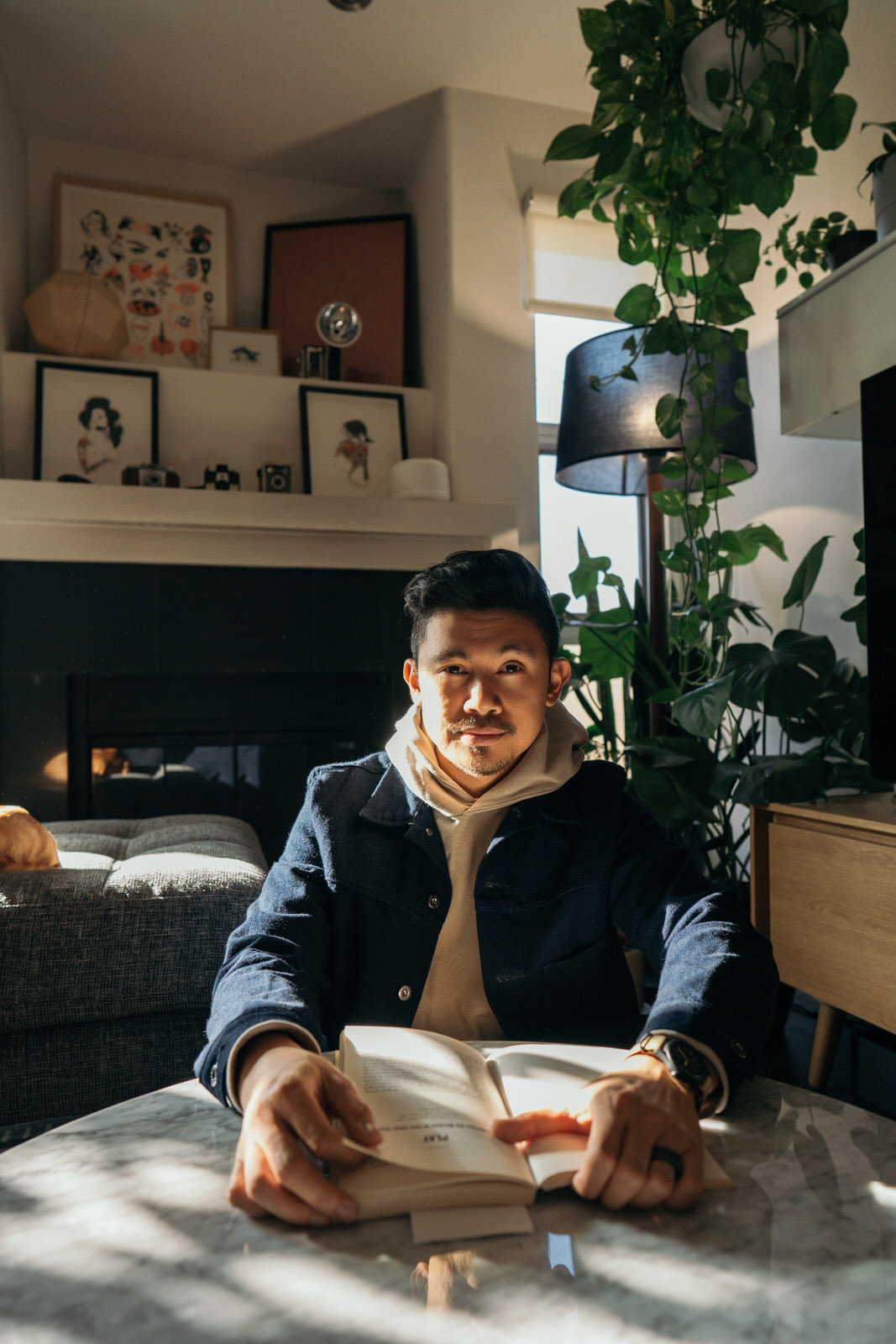
“At the core of these exciting things, I know I need to be a world-class storyteller. That’s why I’ve been reading more books and watching more documentaries lately, not just for entertainment, but also to appreciate the craft, break it down, emulate them, and be inspired by them.” (Lately, he has been revisiting Anthony Bourdain’s books, realizing how much he has loved the late chef’s words ever since he got to watch “Roadrunner: A Film About Anthony Bourdain.”)
“My work in the creative field for the past few years has made me realize that storytelling is a powerful yet underutilized tool that every creative professional must develop,” he emphasizes. “Whether you’re pitching an idea, creating a marketing campaign, sending out an email campaign, or having a one-on-one conversation that you need to recall and tell something interesting to the other person, storytelling is at the core of all of that. It’s how we relate as humans, how we take our ideas and present them in a way that it’s shareable—or in a way that other people will listen to them.”
Aside from honing his skills as a filmmaker and storyteller, Matthew notes that the process has taught him how to interview and listen better.
“The act of dissecting and extracting the good things from someone’s story, allowing somebody to speak their truth comfortably, and knowing how to guide the conversation so it leads toward a good one—there is a craft to all these, and these are skills that I have developed as well in this small window. I’ve done these before in small stints, but the documentary has allowed me to grow even further by learning through my successes and mistakes.”
Listening better, he says, is all about deepening your sense of empathy—something that he’s been working hard on especially in the past two years. “I’m somebody who likes to listen. I’m like a sponge—I like to hear different perspectives on things. Especially today, with the global, political, and social turmoil around us, understanding as many sides to a story as possible has never been more important.”
Matthew has gone as far as attending empathy training to help him understand and tell stories better. “I’m able to exercise looking at the other side of things, even with perspectives that I may not necessarily agree with. And while that may be difficult, it allows me to get a better picture and understand what’s going on in someone’s life.”
“So, to connect this to why storytelling is important for me: yes, it is an excellent skill for any creative professional. Second, I feel the need to share other peoples’ stories and different perspectives. Now more than ever, I feel that we are locked into our own views, values, and perspectives. So, if I could tell stories in a way that could open someone’s mind just a little bit, then I would be able to share things that I have been privy to, things that I have seen, or things that I want other people to consider as well,” he says.
Matthew’s desire to share and educate may well be a natural consequence of his work at an education company—The Futur—and how founder Chris Do always reminded him that learning to teach is another important skill for any creative.
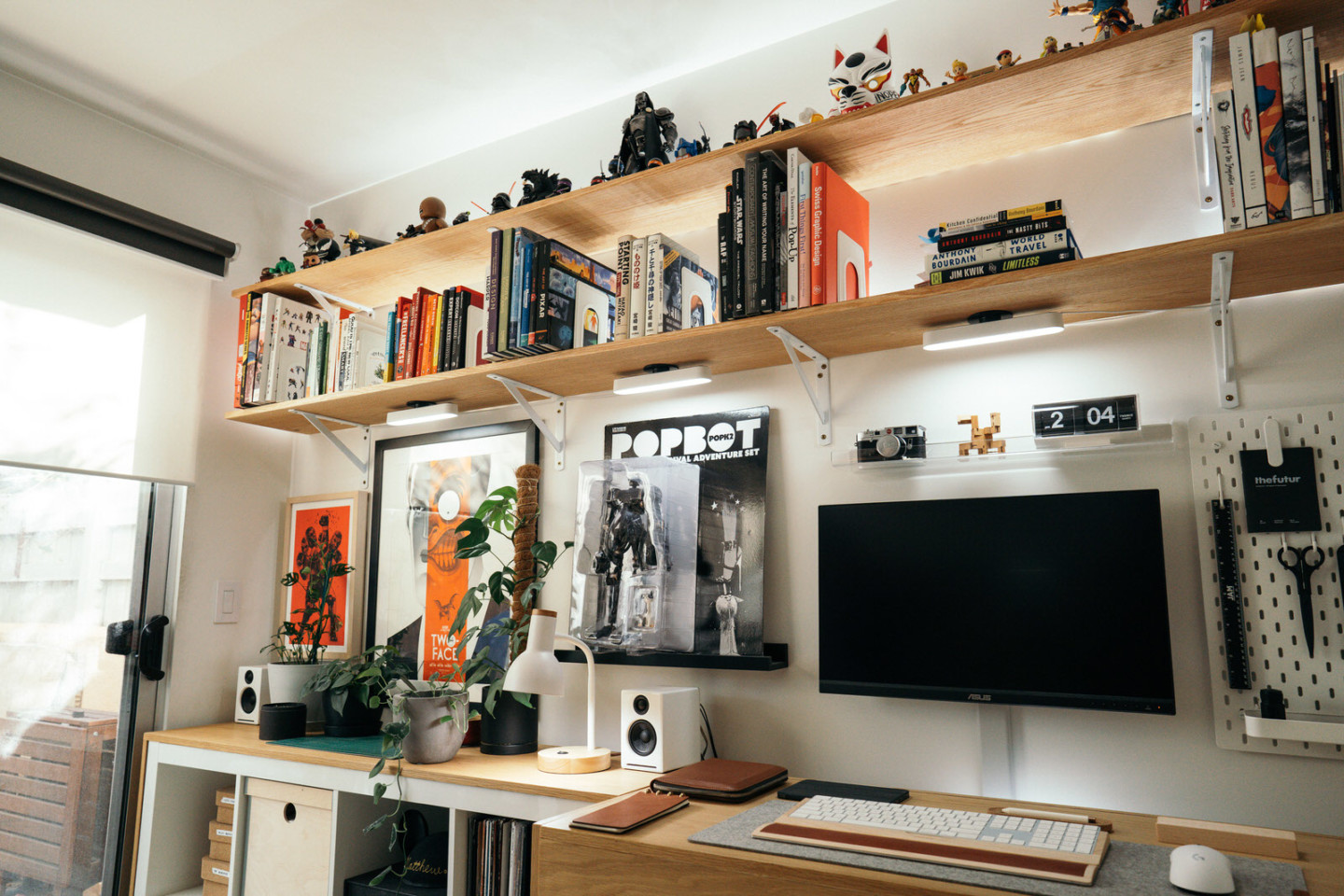
“There’s this thing called the learning retention pyramid. It shows how well you can retain information based on different learning methodologies,” Matthew notes. He explains that the shallowest levels of the pyramid house “passive” learning methods, and the rate of retention increases as one moves toward the more “active” levels. Listening to a lecture could allow one to retain around 5%. Reading a book could give around 10%. Audio-visual methods allow people to retain 20% of the material.
It’s when things get more interactive that information gets retained better. “If you learn while building or creating something, as in a workshop, you can retain probably 75%. But at the top of that pyramid, where you’ll retain most of what you’ve learned, is if you’ll teach that information,” he adds.
Matthew explains that when we approach situations—an interview, a creative problem, or a project, for instance—with a question in mind, it will be easier for us to look for something to grab onto and formulate an opinion, a perspective, or a way to present that situation to someone else. “If you have no obligation to teach what you’ve learned or gathered, the information will sit with you and slowly evaporate. But, if you teach it or make use of other active learning methods, it will stick with you forever.”
“Many of the things I learned from Chris and The Futur are going to stick with me my entire life, because I’ve gone through this process over and over again. Teaching becomes important for me because it allows me to own more knowledge, save it in a hard drive in my mind, and teach it again whenever I need to,” he adds.
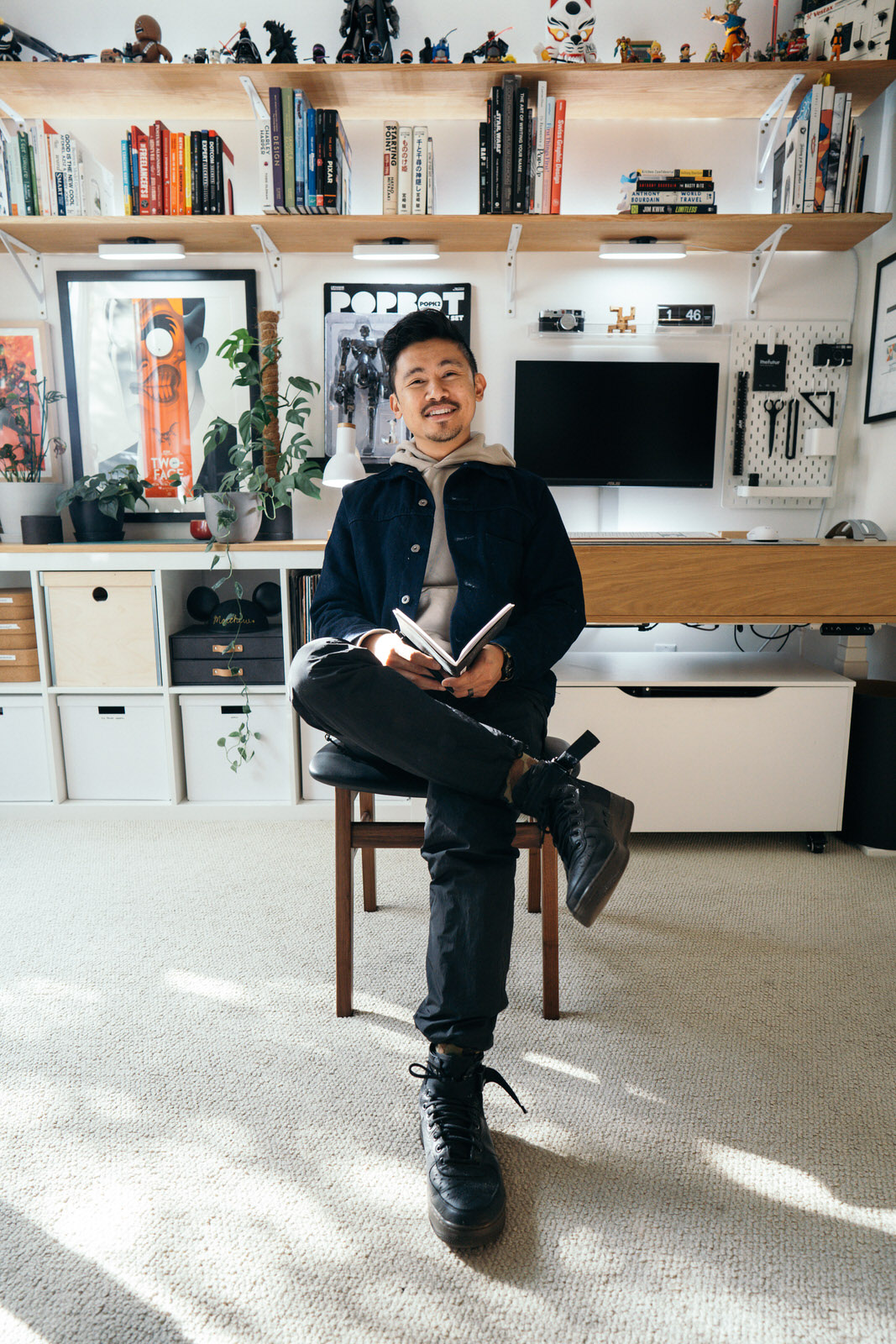
The Mindful Decision Maker
As much as Matthew enjoys his newfound freedom and autonomy at work—and he sees this as a possible viable path for more creatives in the future—he’s quick to emphasize that his shift to full-time freelancing came with much discernment and preparation.
“I’ve worked with the same people for around ten years, and I’ve learned a lot from them. Over that time, I’ve always told Chris that I will leave the company the moment I stop learning. But I stuck with him and the team for so long—ten years! So that goes to show how much he’s taught me.
Matthew is grateful that his previous work environments encouraged growth and risk-taking, where boldness was rewarded over efficiency. However, it was during the latter part of his stay when he realized that he was not growing as much as he used to.
“I would always assess my growth in categories important to me: financial growth, my opportunities, skills, among others. And when I transitioned from Blind to The Futur, I grew a lot then. But in my personal assessment of the last year and a half, I found that I didn’t grow as much anymore in terms of what I wanted to learn,” he admits.
The creative was not quick to jump ship, however. “Of course, it was important not to go into this decision blindly. I had to make sure that in my next move, I had financial opportunities and the space to learn more—that’s where my YouTube channel came in. So my shift to full-time freelancing was shaped by many years of growth and reflection, of reviewing what’s important to me and checking periodically if I’m growing in those areas.”
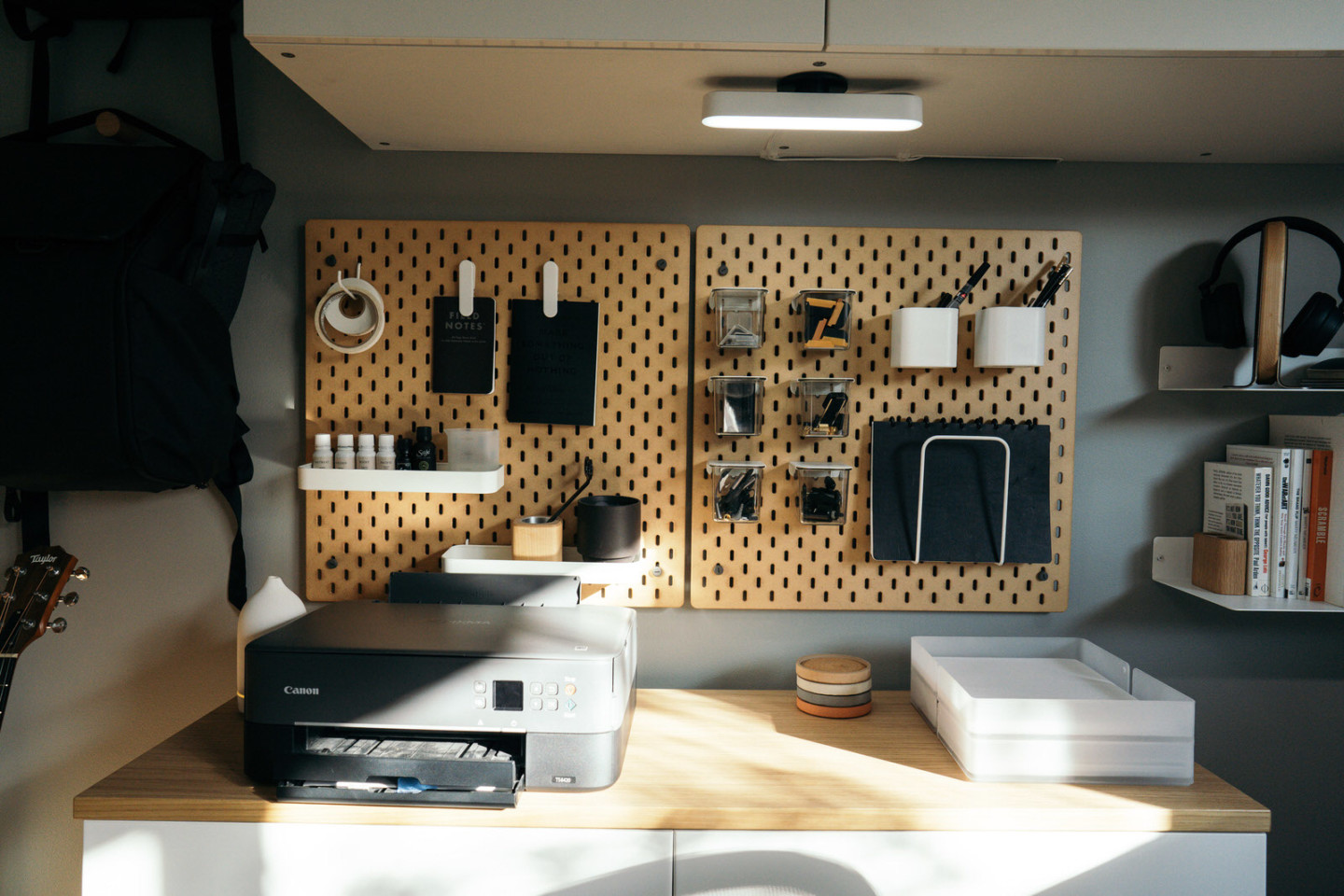
Now that he’s in charge of his own time, Matthew has been more conscious of auditing his time and efforts—even his free time gets checked. “Sometimes my downtime goes to distractions, like screen time and video games. I enjoy these of course, but they don’t always feed into my curiosities and my goals. I know that there are other forms of passive consumption, such as reading books or watching documentaries, that I can both enjoy and learn from.”
Have these chaotic times affected Matthew’s growth and trajectory? While he acknowledges how important it is to take things easy when it counts, Matthew notes that it’s important to keep a healthy sense of control and perspective amid these times.
“Throughout history, the world has always been in chaos. And whether it’s today, ten, or twenty years from now, there’s always going to be some form of chaos in the world that we’ll have no control over. And what I’ve learned from reading up on stoic philosophy is that we can choose how we view things. Things will happen randomly, but our perceptions and perspectives toward them are within our control. You might have less or different options over time, but you always have the power to choose for yourself.”
And amid rapidly changing creative environments, Matthew emphasizes how both newbies and professionals in the field must always be willing to constantly learn and unlearn. “The world is always changing, so the programs and skills that are important today might be less useful tomorrow. One thing that Chris always told us in the office was that ‘what got us here won’t get us there.’ Doing the same things won’t move us forward, but if we are open to change, we might just learn more, gain more, and become more.”
At the same time, Matthew underscores that one’s values and morals must also remain in check. “The things that drive me toward my goals, the things that are important in my life, they’ve remained the same even if I’ve learned and ‘unlearned’ a lot throughout the years. Understanding who you are, keeping the things that are good for you, and giving back—these are important things to remember even as you keep on changing in life.”
The Future of (Philippine) Creativity
“One important lesson that I learned is that somebody’s watching you. Your family, your community, your networks online—someone is looking at you. And when you win, so do they—they see you, and they get to imagine new possibilities in their lives,” Matthew notes. “Working with Chris, for example, who’s always a constant learner, mover, and innovator allowed me to discover what I can do as well. At work, I’d be seeing what he does and I would think, ‘Hey, I can do that, too!’”
“In turn, you also have to realize that you are a role model to somebody, in a way. When you do your best to show your best, and you give back to other people, you raise all of those who are watching you. You bring in new thinking into their mindspace, and innovation happens. More people and voices—those who may have not thought of the possibilities for themselves—get involved because they saw you succeed.”
If there are groups or communities that have been inspired by Matthew’s story and victories, these would have to be the Filipino-Americans in LA and the Filipino creatives globally who get to see him online. Matthew himself is proud of his Filipino roots and attributes much of his work ethic toward his Filipino upbringing.
“My parents immigrated here in the ‘70s, and I was born here. The family spoke Tagalog in the house though, so up until I was four, I was speaking a lot of Tagalog. But that’s where my education ended,” Matthew quips. “But I still have that ability to connect with my heritage through language, and I think that’s beautiful. Besides, my parents brought in their culture from home—their favorite food, TV shows, movies, among others—and these have been good Filipino influences that I’ve connected with growing up.”
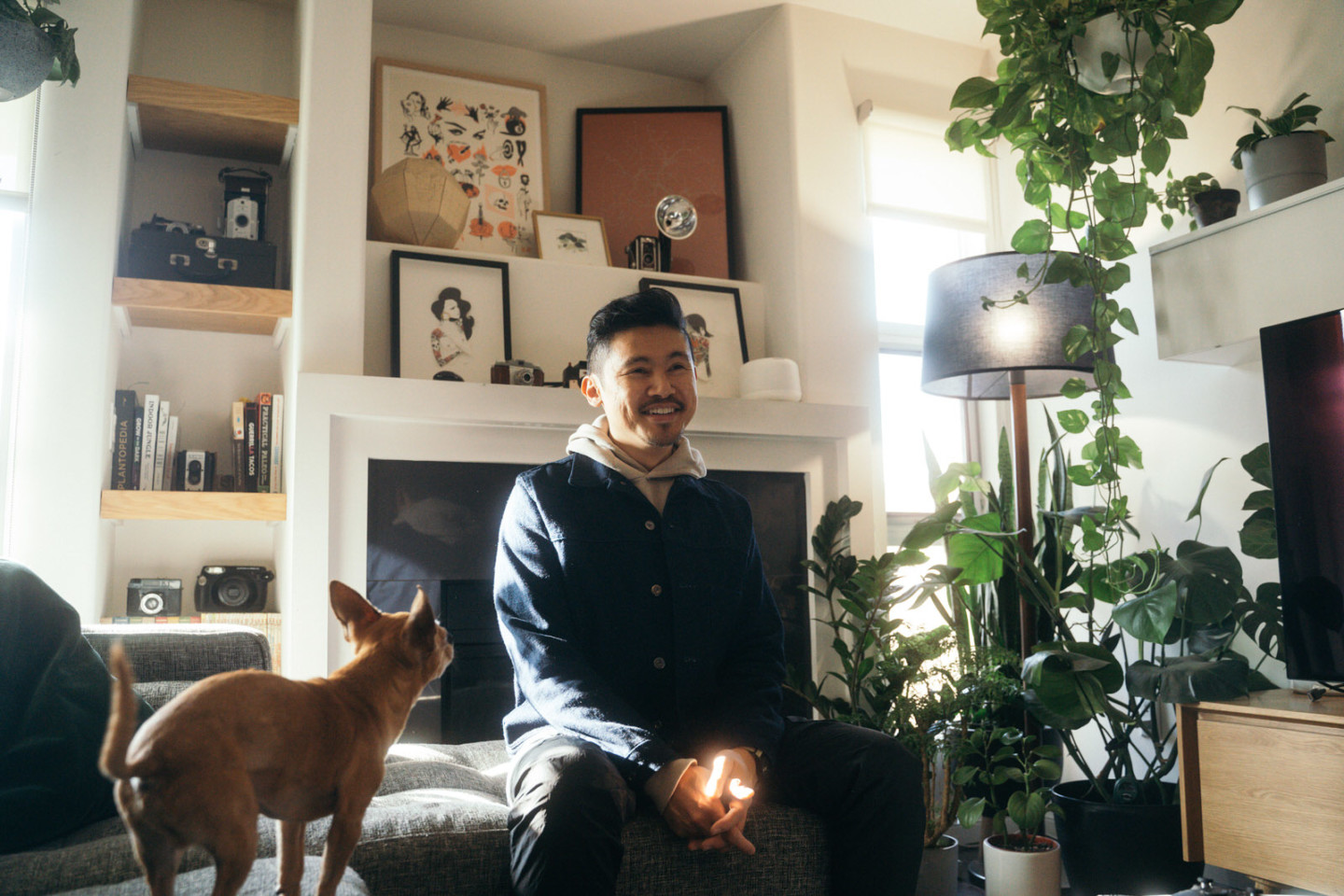
While he thinks that this may be a general immigrant mindset and not just a Filipino one, Matthew notes that his parents and relatives taught him many important values about work. “They were so good at saving, working hard, and being content with what they have, but they were still striving to do more.”
“Amazingly enough, my father and those who worked in the family never complained about work, no matter how hard it got. That’s one thing I picked up from them: that it’s a matter of perspective. Whether you’re happy about work or not, it will still be there. That’s why it’s important to be objective about work, to get things done without attaching much emotion to them. Not everything will be exciting and fun, but if something is that important, then we should do the work.”
Matthew is thankful that he has a great support system from which he gets much of his values and strength from, allowing him to focus on success, positive things, and possibilities. “I have been fortunate to be in a nurturing and supportive family. Everyone constantly gets together, respect goes all the way up to our lolas and lolos, and the family, community, and network are always tight-knit and present especially when things get rough.”
Matthew extends this sense of support to Filipino creatives, especially those based here in the Philippines. “Filipinos are some of the most underrated, underrepresented, but highly talented people I know. And I think some companies are starting to see that, especially now that we live in this hybrid work system where you can hire talent globally,” he says.
In one of the agencies he talked to for “Generation No-Code”, Matthew recalls that one of their UX/UI designers was from the Philippines. “Because of the change in global working cultures and the open market, these kinds of working arrangements become possible. I hope that more Filipinos go out there and realize that they are creative and talented, that they have a seat at the table, and they have the potential to do great things. Now is the best time to pursue these big companies, personal projects, and opportunities.”
“And I know that we Filipinos, while creative, have always been quite modest or humble, and I feel that way sometimes too. I think we need to break out of our shells a little bit and share our talents to the world more. I hope we can find more ways to showcase our work to the world without feeling that we’re showing off. We need more people to see, hear, and discover the beautiful things that we are able to create.”
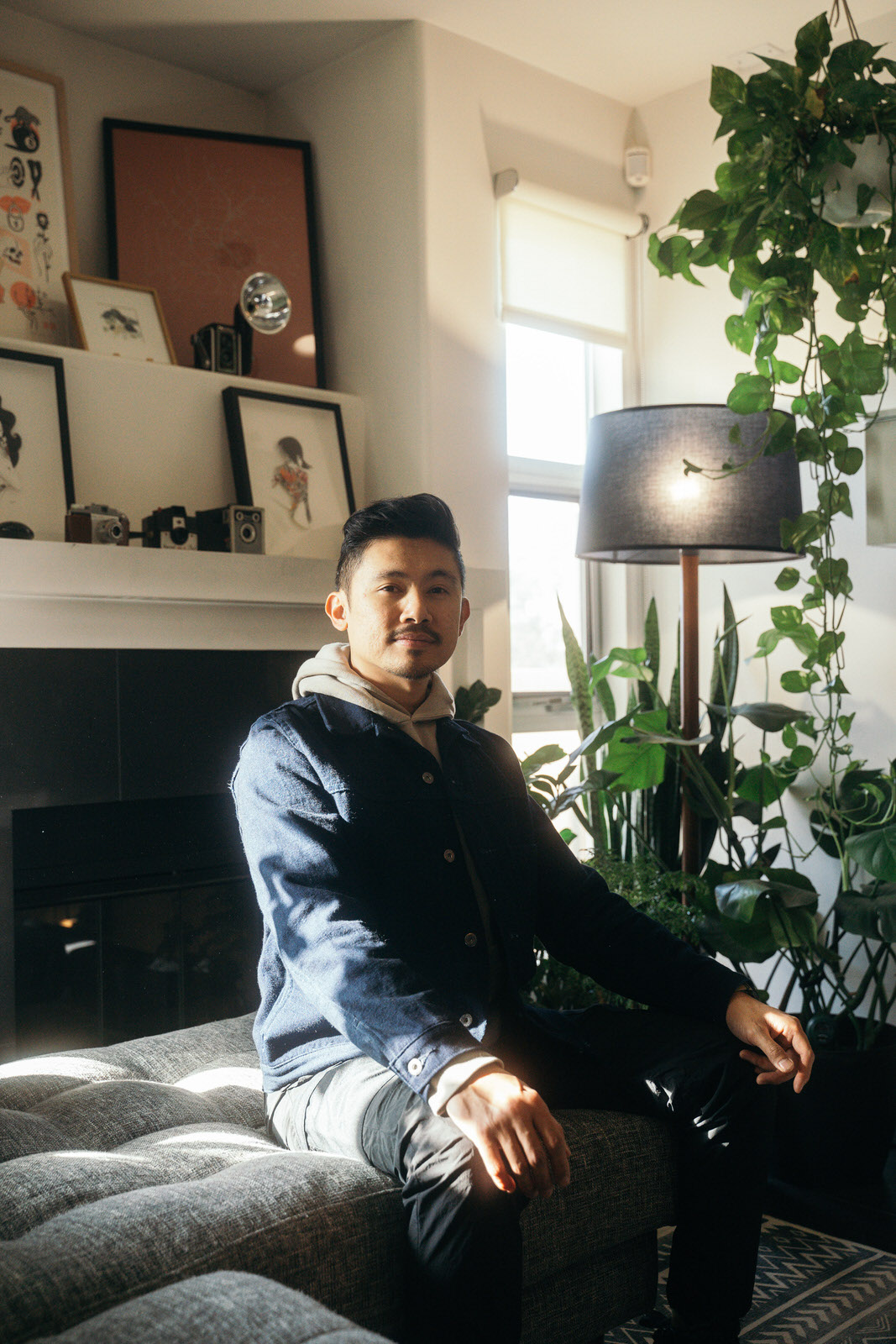
When asked what he wants to be remembered for, Matthew simply just wants to be that guy who has done good for himself and for others.
“There’s this tagline from one of my favorite podcasts, the Stoic Coffee Break Podcast: ‘be good to yourself, be good to others.’ And that has been important for me: to love and appreciate myself, all the special talents and beautiful parts of me that I haven’t always been confident in before. I also want to do good things for other people; these have been done for me, and I wish to do the same. I’m hoping that it becomes this reflection, that when you put good out into the world, the world puts out good for others as well. I think we need more of that.”
SUPPORT PURVEYR
If you like this story and would love to read more like it, we hope you can support us for as low as ₱50. This will help us continue what we do and feature more Filipinos who create. You can subscribe to the fund or send us a tip.
1 Comment
Add comment Cancel reply
You must be logged in to post a comment.

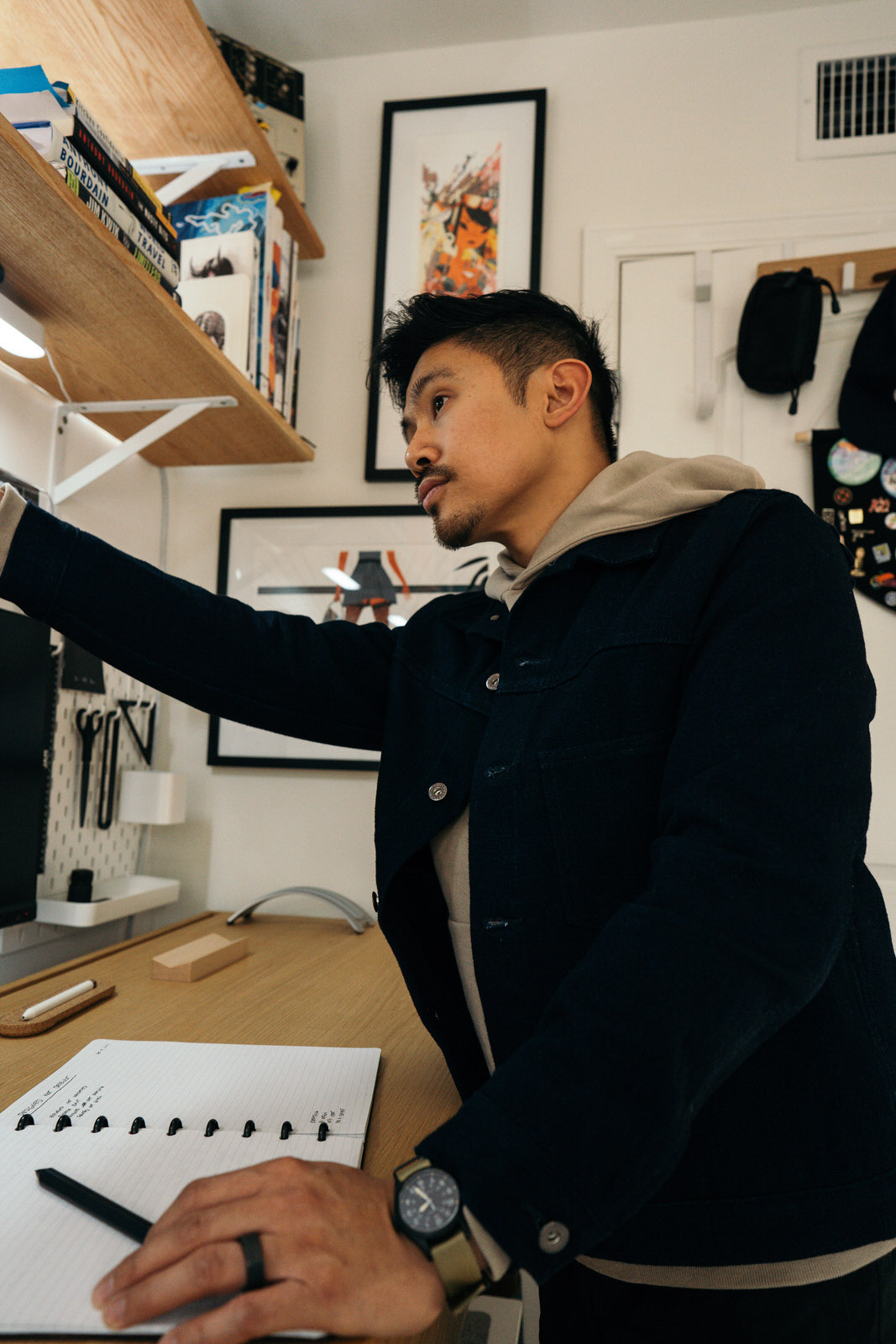
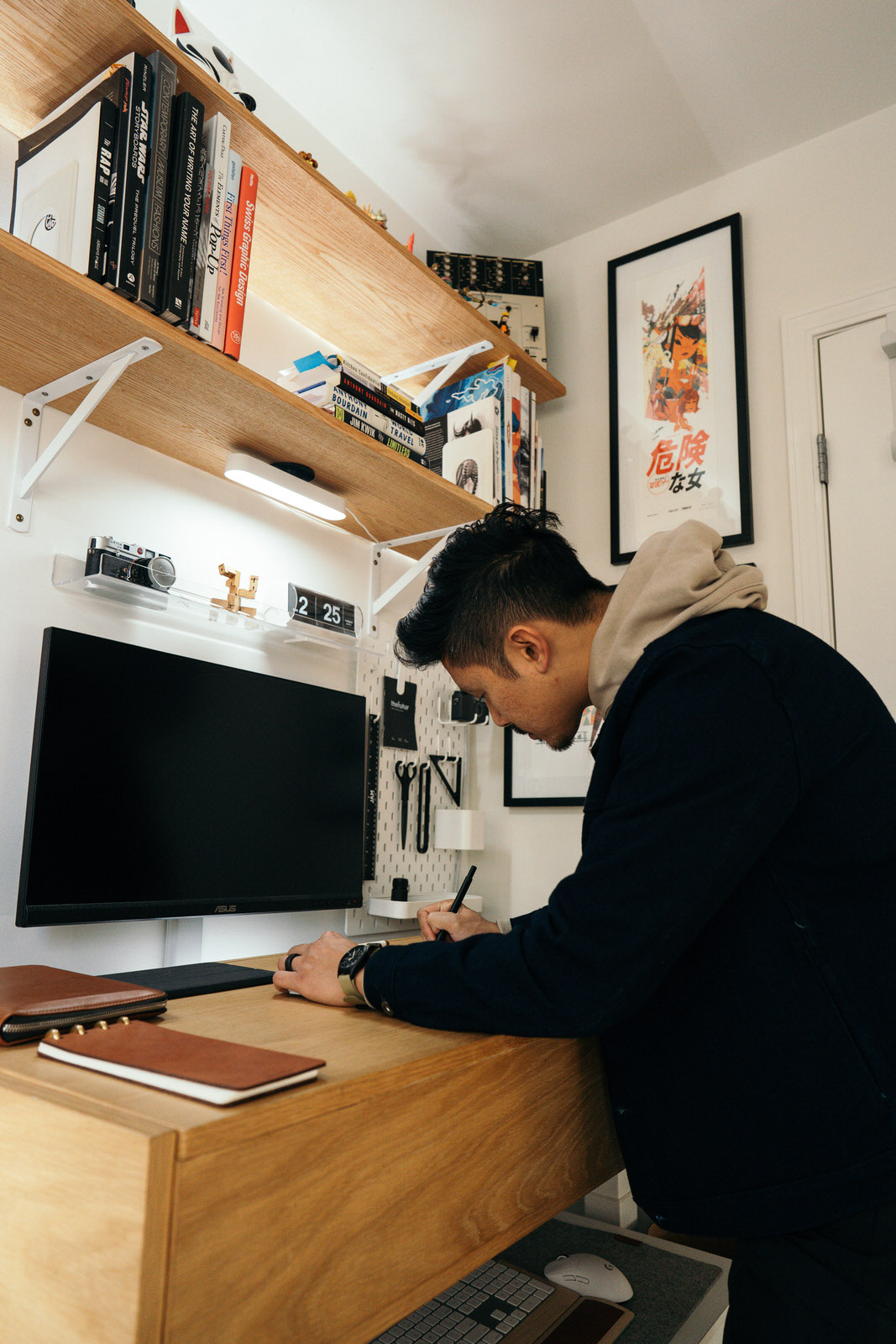
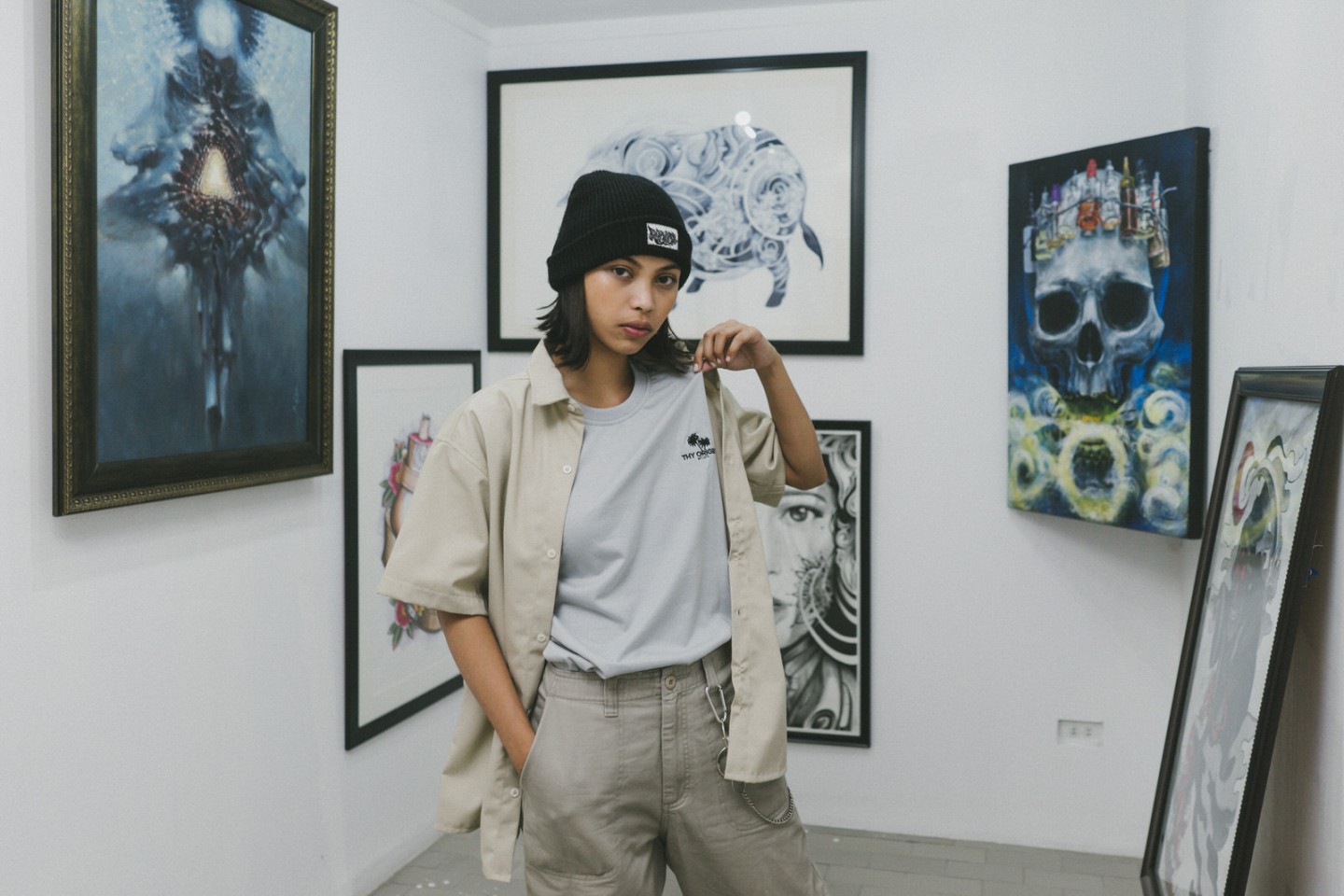
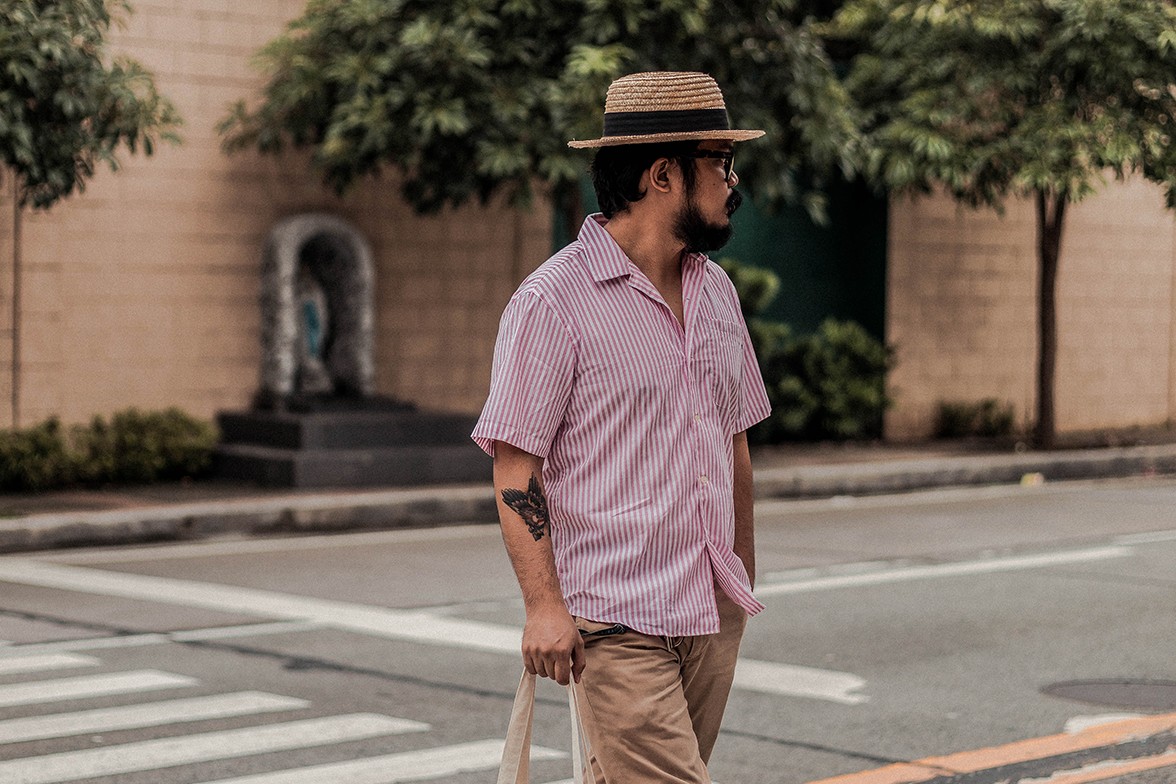
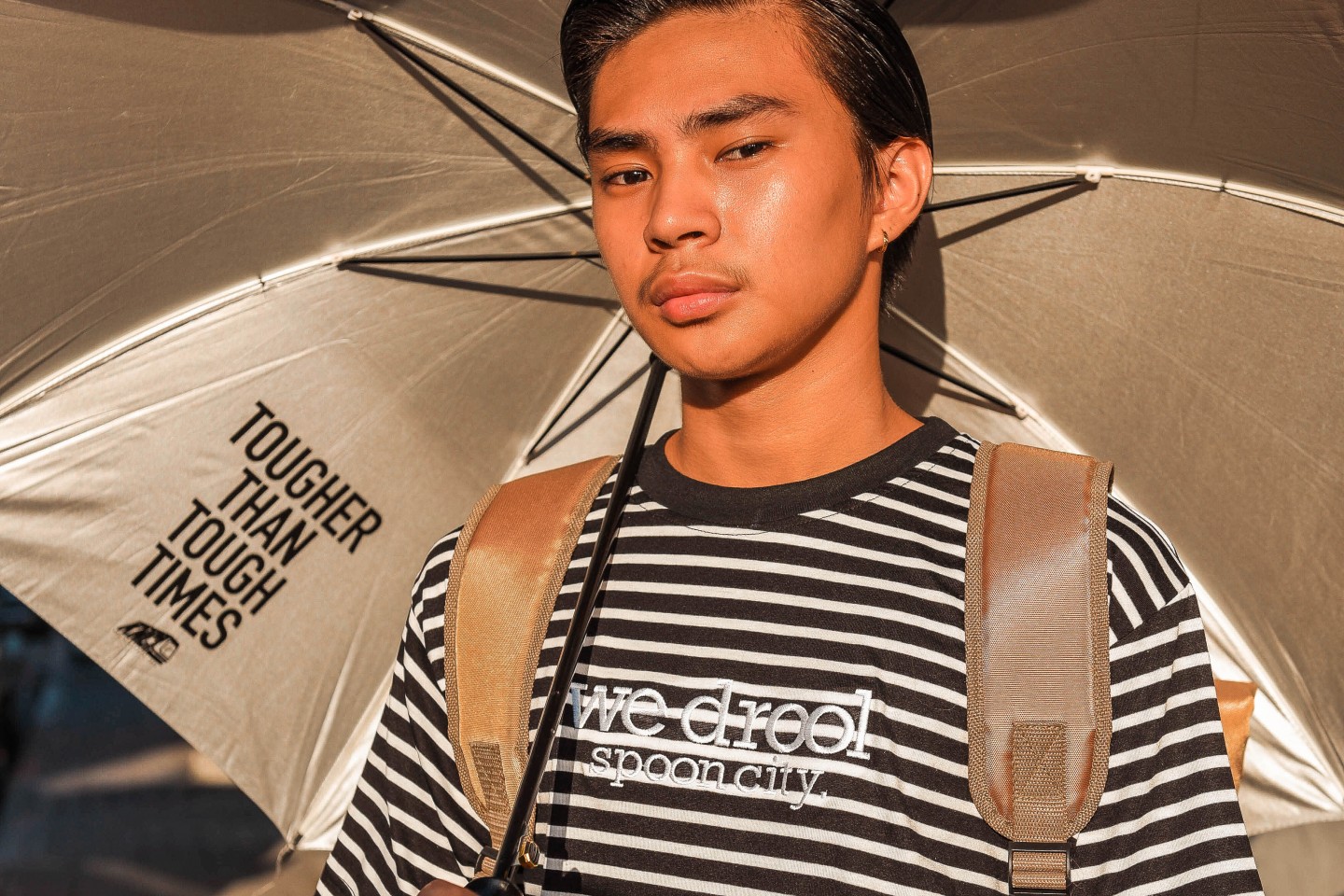
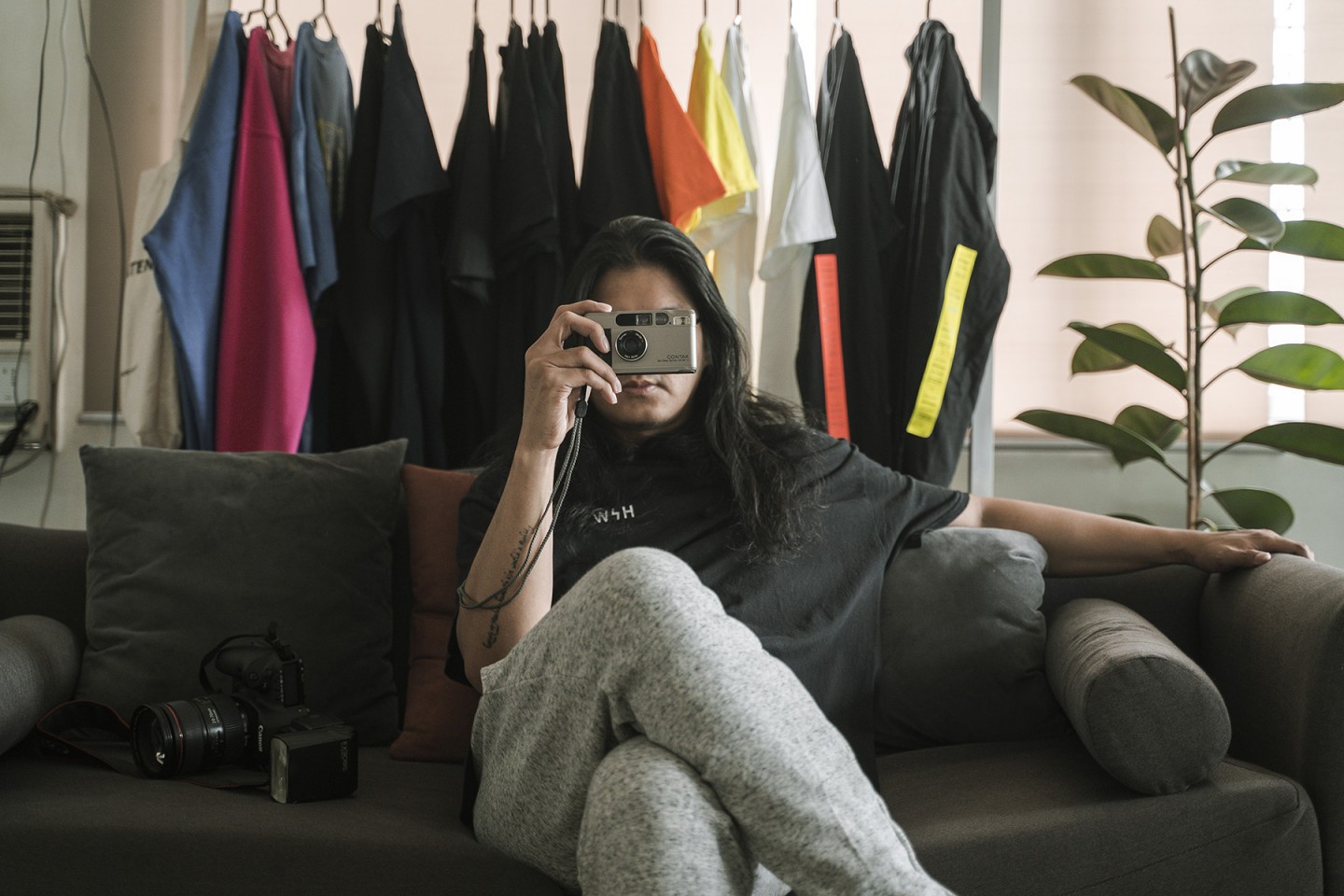
[…] do you feel about employees leaving your practice to start their own thing, like what happened with Matthew Encina? Is this something you […]